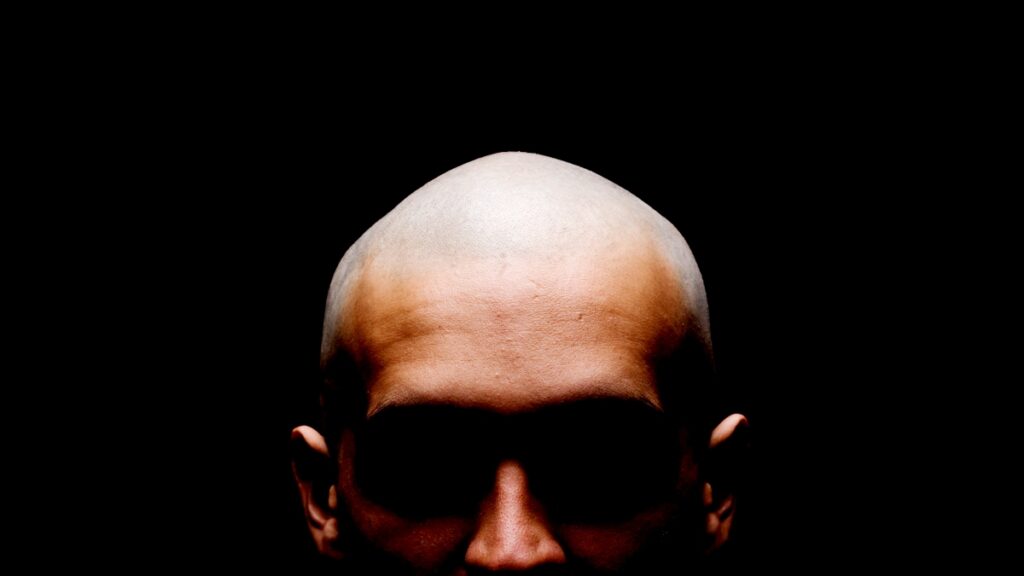
The use of finasteride, a medication primarily prescribed for male pattern baldness, has come under scrutiny due to potential serious side effects, including depression and suicidal thoughts. While effective for many men dealing with hair loss, health professionals and users are increasingly voicing concerns about its impact on mental health.
Understanding Finasteride’s Role in Hair Loss Treatment
Finasteride treats androgenetic alopecia, commonly known as male pattern baldness. The drug works by inhibiting the conversion of testosterone to dihydrotestosterone (DHT), a hormone responsible for hair follicle miniaturisation, which leads to thinning hair. By blocking this enzyme, finasteride can reduce DHT levels by approximately 60–70% in most men. Approved in the late 1990s, the medication is available as a daily 1 milligram oral tablet, while higher dosages are used for treating benign prostatic hyperplasia.
Despite its efficacy, the drug is not recommended for women, even though they can experience similar hair loss issues.
Potential Mental Health Implications
Mental health changes are not officially listed as side effects in Australian guidelines for healthcare professionals. Clinical trials primarily highlighted other side effects, such as sexual dysfunction and a potential increased risk of prostate and breast cancer. Nonetheless, as patient monitoring has progressed, evidence has emerged suggesting a link between finasteride and mental health issues.
In May 2025, the European Medicines Agency’s safety committee confirmed suicidal thoughts as a side effect of finasteride. The European Union cautions patients that the drug may induce a depressed mood and depression. Similarly, the United States Food and Drug Administration issued a warning regarding topical formulations of finasteride, stating they share similar risks of depression, anxiety, and suicidal thoughts.
Although initial clinical trials did not reveal significant mental health concerns, ongoing assessments indicate that self-reported symptoms suggest an increased risk of depression and suicidal ideation among users.
If users experience significant mood changes while taking finasteride, it is crucial not to manage these feelings alone. Consulting a healthcare professional can help determine if the medication is contributing to mental health changes and what support might be needed. For mild symptoms, doctors may recommend pausing finasteride to assess any improvements, while more severe symptoms may necessitate immediate cessation of the drug and a thorough medical evaluation.
Patients concerned about side effects can safely discontinue finasteride, as most adverse effects subside once the drug is eliminated from the system. However, it is important to note that stopping the medication may result in a gradual loss of hair regrowth benefits.
For those who find finasteride unsuitable, alternatives such as topical minoxidil are available. This first-line treatment can be used independently or alongside other therapies and is accessible over the counter. Although it may cause scalp irritation, its efficacy is well-documented and generally recommended.
Another alternative, dutasteride, functions similarly to finasteride but may also elevate the risk of mental health issues. Therefore, it is generally advised to avoid dutasteride if finasteride poses challenges.
This article is based on insights from Nial Wheate, Professor at the School of Natural Sciences, Macquarie University, and Jasmine Lee, Pharmacist and PhD Candidate at the University of Sydney. Some information is republished from The Conversation under a Creative Commons license.
If this article has raised concerns or you need to talk to someone, please consult a 24/7 crisis hotline in your country for immediate support.






